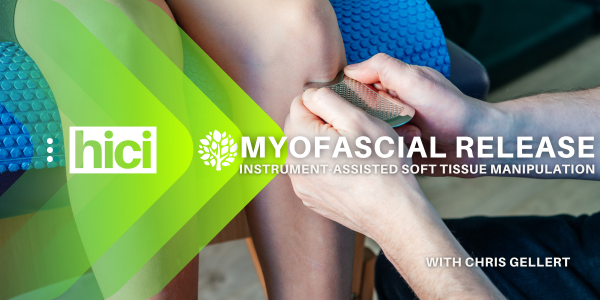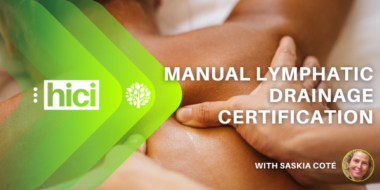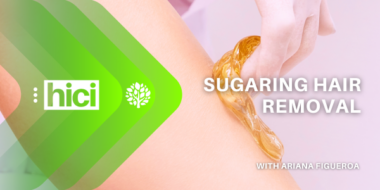Description
Course Description:
Pinnacle Training and Consulting Systems has created a dynamic two-day myofascial release and instrument assisted soft tissue manipulation (IASTM) live seminar. This seminar was designed to teach the foundation of what fascia is, the function of fascia, active and latent trigger points and common referral pain patterns, and to identify the foundation of myofascial release, and practice the most effective clinical techniques for the cervical, shoulder, thoracic, lumbar spine, hip, knee and ankle. In addition, you will gain understanding of Instrument Assisted Soft Tissue Manipulation (IASTM), precautions, contraindications, common effective strokes for the upper and lower body designed to complement your manual toolbox. Most importantly, you will learn how to save your hands. By the end of this seminar, you will feel refreshed with a new arsenal of information and skills that you can apply immediately the next day with your patients.
At the end of this course, the participant will be able to:
- Interpret two sources on the foundation and origin of Instrument Assisted Soft Tissue Manipulation (IASTM) and the latest research as it applies clinically
- Apply the fanning stroke with a patient who has active or latent trigger points in their upper trapezius muscle
- Defend the selection of one IASTM tool and treatment plan for a specified clinical condition
- Compare mechanical and physiologic responses of IASTM when provided with a case study
- Identify three key differences between a fascial restriction and muscle tightness
- Identify two indications and two contraindications of IASTM for an instructor named clinical condition
- Interpret the rationale behind IASTM by comparing mechanical vs. neurological responses using the most current research
- Identify what fascia is, how to identify common fascial restrictions using the IASTM and latest research
- Compare the difference between the clinical patterns of spinal stenosis, spondylosis and lumbar radiculopathy in terms of each diagnoses behavior of symptoms, clinical findings, and common muscle imbalances
- Identify an active trigger point vs. a latent trigger point for patients diagnosed with fibromyalgia
- Justify the IASTM tool selected based on the presence of trigger points in a therapy evaluation
Participants will have the opportunity to use over 20 IASTM tools.
Location:
Cortiva Institute – Baltimore Campus
517 Progress Drive, Suite A-J
Lincthicum Heights, MD 21090
Phone: 410-636-7929
Date: Saturday, June 8th and Sunday, June 9th
Time: Saturday 8:00 am – 5:30 pm and Sunday 8:30 am – 5:15 pm
CE Credits: 14
Instrument Assisted Soft Tissue Manipulation Live Seminar has been approved by the NCBTMB for 14 CEUS.
About the Instructor:
Chris Gellert, PT, MMusc & Sportsphysio, MPT, CSCS, C-IASTM, NASM-CPT https://www.personaltrainerceu.com/






